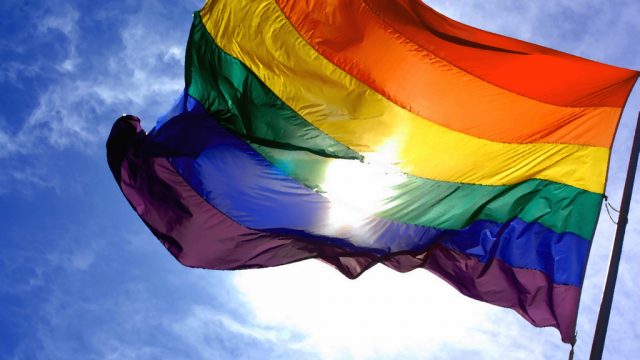Discrimination Protections for the LGBTQ Community Should Have Been Established by Lawmakers, Not the Courts

MINOT, N.D. — This week, the U.S. Supreme Court handed down an opinion in Bostock vs. Clayton County, which expanded the protections against discrimination from the 1964 Civil Rights Act to gay and transgender Americans.
Justice Neil Gorsuch, who was appointed by President Donald Trump, wrote the opinion for the 6-3 majority. He has long touted himself as a textualist, an adherent to the judicial philosophy of ruling based on the text of the law regardless of the intent of lawmakers.
The lawmakers who created the 1964 Civil Rights Act were not intending to create protections for homosexual or transgender Americans. According to Gorsuch, that doesn’t matter because his interpretation of the text they turned into law concludes that they did anyway.
“In Title VII, Congress outlawed discrimination in the workplace on the basis of race, color, religion, sex, or national origin. Today, we must decide whether an employer can fire someone simply for being homosexual or transgender,” Gorsuch wrote in the opinion. “The answer is clear. An employer who fires an individual for being homosexual or transgender fires that person for traits or actions it would not have questioned in members of a different sex. Sex plays a necessary and undisguisable role in the decision, exactly what Title VII forbids.”
I’m having a hard time following that logic.




